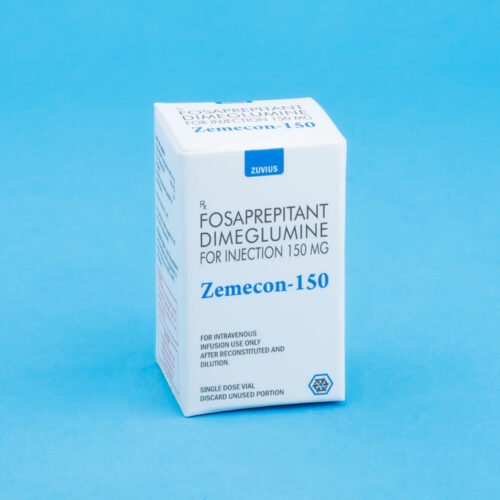Ridoxia Tab
Megestrol Acetate Tab
Strength: 160mg
Pack Size: 1 x 10
Drug Class: Antineoplastics, Hormones; Progestins; Appetite Stimulants.
Dosage and Administration:
Breast cancer: 160 mg/day (40 mg q.i.d.).
Endometrial carcinoma: 40 to 320 mg/day in divided doses.
At least 2 months of continuous treatment is considered an adequate period for determining the efficacy of megestrol acetate.
HOW SUPPLIED
Megestrol acetate tablets, 20 mg, are white, round, flat-faced, beveled-edged, bisected, debossed with “Par 289” on one side. They are supplied in bottles of 100’s (NDC #49884-289-01).
Megestrol acetate tablets, 40 mg, are white, round, flat-faced, beveled-edged, bisected, debossed with “Par 290” on one side. They are supplied in bottles of 100’s
Cold Storage: no
Megestrol acetate is a synthetic, antineoplastic and progestational drug. Megestrol acetate is a white, crystalline solid chemically designated as 17(alpha)-(acetyloxy)-6-methylpregna-4,6-diene-3,20-dione. Solubility at 37°C ater is 2 mcg per mL, solubility in plasma is 24 mcgin per w mL. Its molecular weight is 384.51. The molecular formula is C24H32O4 and the structural formula is represented as follows:
 |
Megestrol acetate is supplied as tablets for oral administration containing 20 mg and 40 mg megestrol acetate.
Megestrol acetate tablets contain the following inactive ingredients: acacia spray dried, colloidal silicon dioxide, corn starch, di-calcium phosphate dihydrate powder, lactose hydrous impalpable, magnesium stearate and pregelatinized starch.
Indication-:
Megestrol acetate tablets are indicated for the palliative treatment of advanced carcinoma of the breast or endometrium (i.e., recurrent, inoperable, or metastatic disease). It should not be used in lieu of currently accepted procedures such as surgery, radiation, or chemotherapy.
Usage-:
Megestrol tablets are used to relieve the symptoms and reduce the suffering caused by advanced breast cancer and advanced endometrial cancer (cancer that begins in the lining of the uterus)
While the precise mechanism by which megestrol produces its antineoplastic effects against endometrial carcinoma is unknown at the present time, inhibition of pituitary gonadotropin production and resultant decrease in estrogen secretion may be factors.
There is evidence to suggest a local effect as a result of the marked changes brought about by the direct instillation of progestational agents into the endometrial cavity. The antineoplastic actionofmegestrolacetate on carcinoma of the breast is effected by modifying the action of other steroid hormones and by exerting a direct cytotoxic effect on tumor cells.
In metastatic cancer, hormone receptors may be present in some tissues but not others. The receptor mechanism is a cyclic process whereby estrogen produced by the ovaries enters the target cell, forms a complex with cytoplasmic receptor and is transported into the cell nucleus.
There it induces gene transcription and leads to the alteration of normal cell functions. Pharmacologic doses of megestrol acetate not only decrease the number of hormone-dependent human breast cancer cells but also are capable of modifying and abolishing the stimulatory effects of estrogen on these cells.
It has been suggested that progestins may inhibit in one of two ways:by interfering with either the stability, availability, or turn over of the estrogen receptor complex in its interaction with genes or in conjunction with the progestin receptor complex, by interacting directly with the genome to turn off specific estrogen-responsive genes.
Megestrol may harm an unborn baby.
Your doctor may order a pregnancy test before starting this medication.
Women of childbearing age should ask about reliable forms of birth control while taking this medication.
If you become pregnant, talk to your doctor right away about the risks and benefits of this medication.
General
Close surveillance is indicated for any patient treated for recurrent or metastatic cancer. Use with caution in patients with a history of thromboembolic disease.
Use in Diabetics
Exacerbation of pre-existing diabetes with increased insulin requirements has been reported in association with the use of megestrol.
Laboratory Tests
Breast malignancies in which estrogen and/or progesterone receptors are positive are more likely to respond to megestrol.







